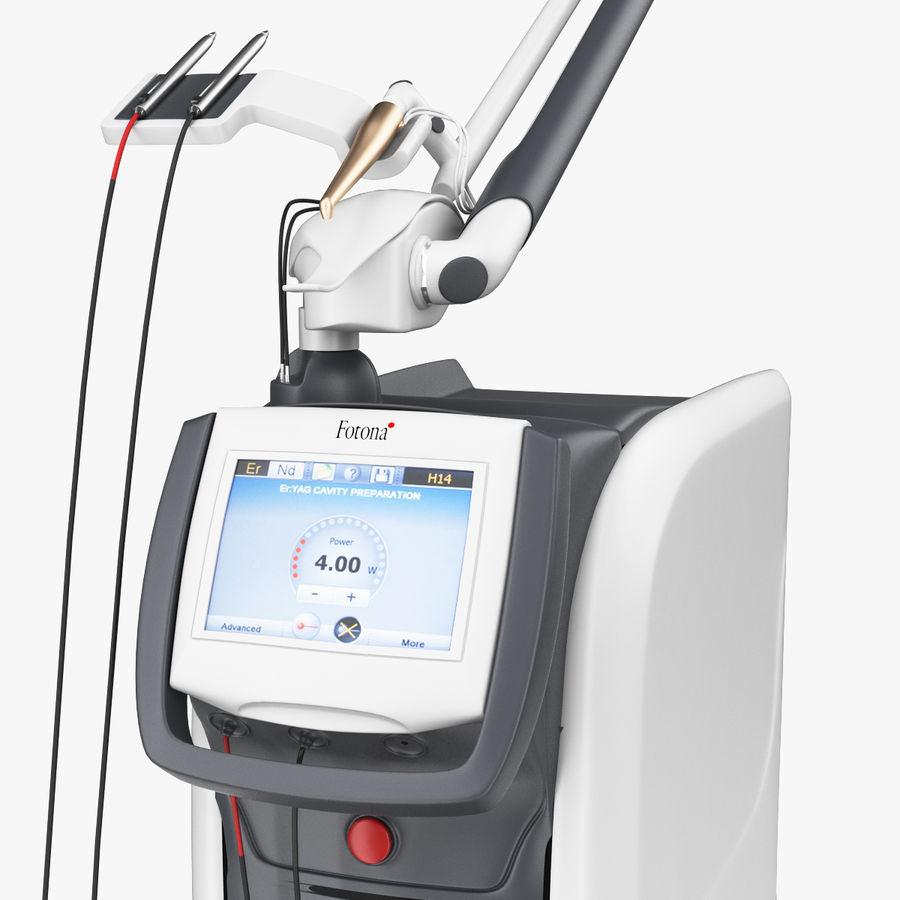
Flossing is an important part of an oral hygiene routine, but research suggests that fewer than half of Americans do so daily. Flossing is simple and only takes an extra couple of minutes per day. Developing a healthy habit of flossing can prevent tooth decay and gum disease, and it may allow you to keep more of your natural teeth as you age. So what is the most effective means of flossing?
- Pull the floss taught and slide it between two teeth.
- Pull against the side of one tooth, creating a “C-shape” and sliding upwards to remove plaque build-up.
- Pull against the opposite tooth edge using the same technique.
- Repeat this process for each tooth until all inner surfaces have been flossed.
- Don’t forget to floss the backs of your molars!
Need some extra tips?
The American Dental Association recommends using a strand of floss approximately 18 inches in length. It is important to only use clean floss as you move between the teeth. One of the easiest ways of doing this is by looping each end of the floss around your fingers and beginning to floss with the area closest to one end. If you have never flossed, be sure to ask your dentist for a quick in-person tutorial at your next check-up.
Frequently Asked Questions
Should I be flossing?
Yes. The ADA recommends that everyone floss in order to prevent tooth decay and gum disease. Even if you have restorations, such as crowns or veneers, good oral hygiene is essential for prolonging their use and maintaining your oral health.
What types of results should I get from flossing?
You may not experience immediate results from flossing, but over time, your habit will pay off. Flossing can prevent tooth decay, gum disease and tooth loss – all of which can be highly inconvenient and expensive to treat. A piece of floss that costs just pennies could save you thousands of dollars later on.
Is there anything else I should be doing in addition to flossing?
Yes. In addition to flossing, you should be adopting proper brushing techniques and visiting your dentist at least twice per year for examinations and professional dental cleanings.

Fluoride is a naturally occurring element that has been shown to help strengthen teeth in children and also prevent decay in people of all ages. Topical fluoride, in particular is helpful for promoting oral health. The American Dental Association has publicly endorsed the use of fluoride for the prevention of dental caries, as has the American Academy of Pediatrics and the American Medical Association.
Did you know…
that you might be drinking fluoride every day without knowing it? Many communities add fluoride to the public water supply in an effort to promote better dental health. You can find out if there is fluoride in your tap water by contacting your local water utility. Keep in mind that if your primary source of drinking water is bottled, you may not be getting fluoride. You can contact your bottle water company or manufacturer to find out if fluoride is in your water. If not, speak with your dentist about getting professional fluoride treatments.
Frequently Asked Questions
Do I need fluoride treatments?
You may need fluoride treatments if your drinking water is not fluoridated or if you are experiencing certain symptoms, such as receding gums. Fluoride treatments can also provide oral support and prevent decay if you wear orthodontic braces or are taking medications that cause dry mouth.
What should I expect during fluoride treatments?
Fluoride treatments are painless and can be administered in your dentist’s office at your twice-yearly check-ups and cleanings. Your dentist will distribute fluoridated gel, foam or varnish into a tray and place it over your teeth. The treatment takes only a few minutes and is only required between one and four times per year.
Is there anything I can do to supplement my fluoride treatments?
Yes. The ADA recommends supplementing your fluoridated drinking water or fluoride treatments with a fluoridated toothpaste.

If you are undergoing a dental procedure or operation, you will be given a set of post-operative instructions to abide by in the hours, days, and weeks after your treatment. Following these instructions is essential to preventing infections in surgical sites, protecting restorations, and minimizing the possibility of experiencing complications. Post-operative instructions vary from procedure to procedure, but you are still sure to have some questions regarding care. Your [city] dentist will be available to answer those questions and respond to any concerns you may have.

Try to anticipate some of the questions you may have about your post-operative care and ask them prior to your treatment.
Some of the most common post-op questions include:
-
How should I manage pain following my procedure?
-
How long should I experience discomfort?
-
Do I need to follow any special dietary guidelines?
-
Is it safe for me to drink through a straw?
-
Will I be able to drive myself home after my procedure?
-
Will I need to take an antibiotic?
-
Will I need to return to your office for a follow-up appointment?
-
When will my permanent restorations be ready?
-
How do I care for my removable prosthesis?
Frequently Asked Questions
Should I talk with my dentist about the questions I have regarding my post-operative care?
Yes. Your post-operative care is contingent on you understanding everything about the recovery process and your responsibilities in caring for your surgical site.
What should I expect when I speak with my dentist?
Your dentist should allocate enough time in your consultation and pre-operative exam to listen to your concerns and answer any questions you may have. You should also be provided a phone number that you can call following your procedure to discuss any questions that may come up at that time.
Is there anything I can do to make the process easier?
Yes. Begin thinking of any questions you may have about your post-operative care, and begin writing them down. You’ll be ready to ask all of your questions when the opportunity arises without missing any important details.










